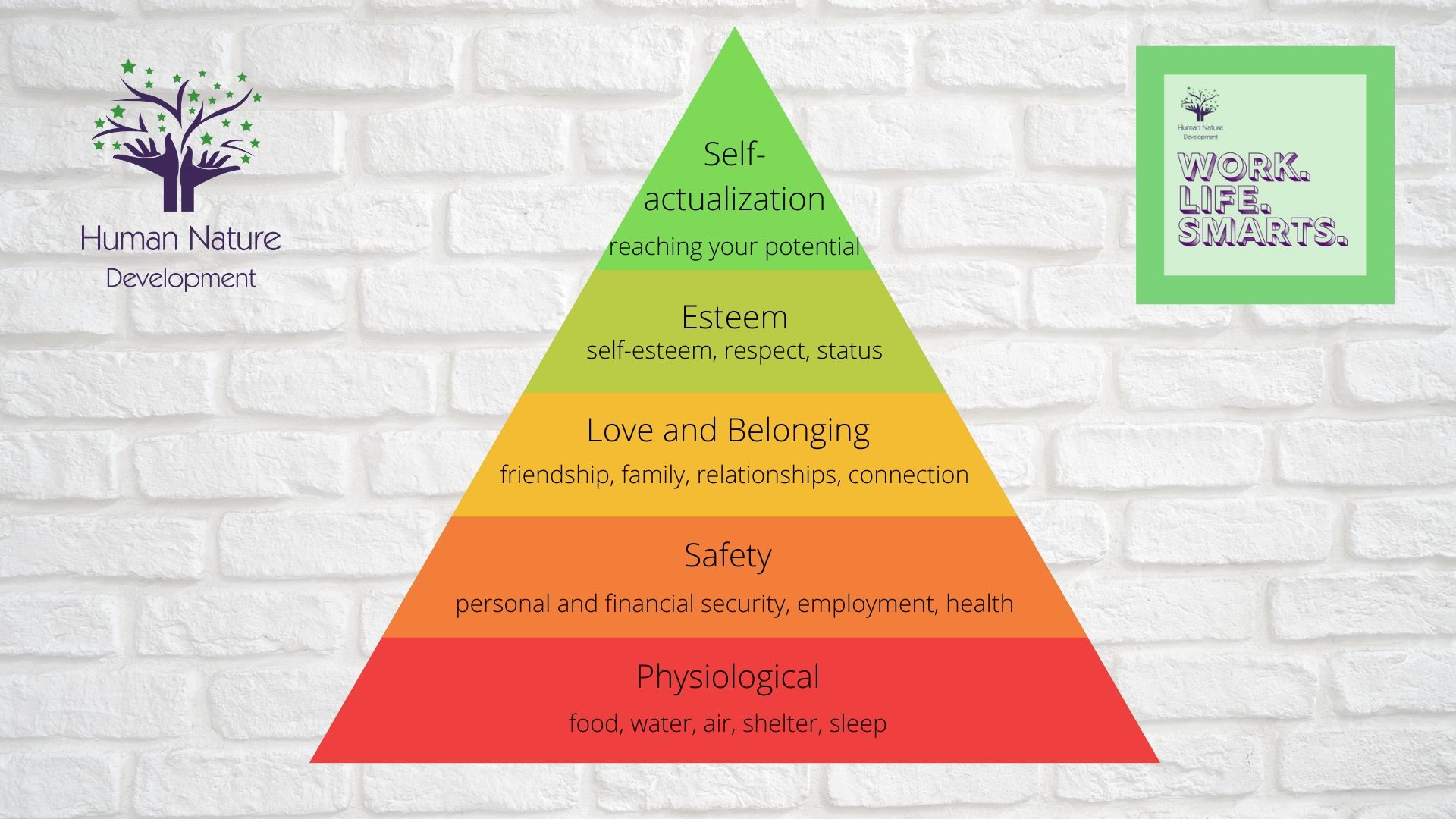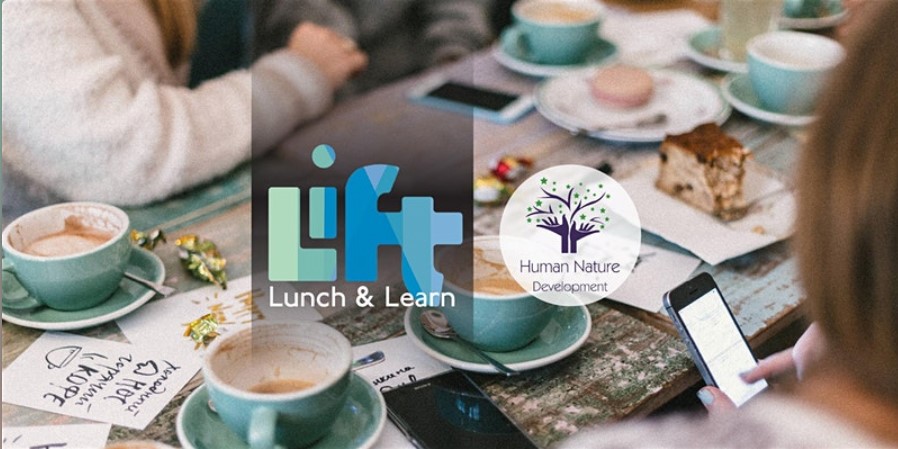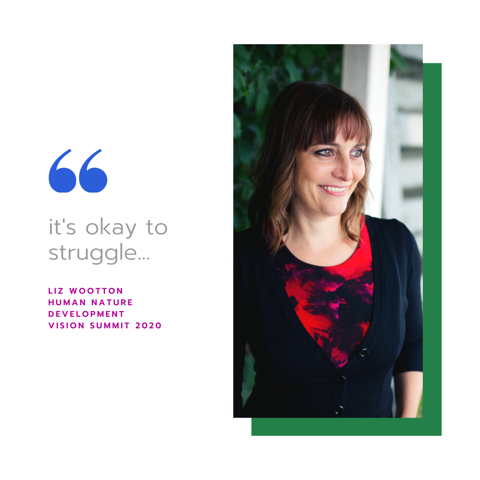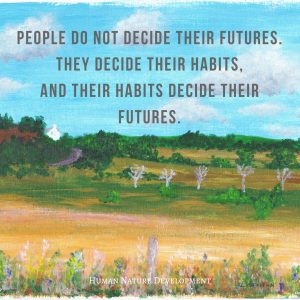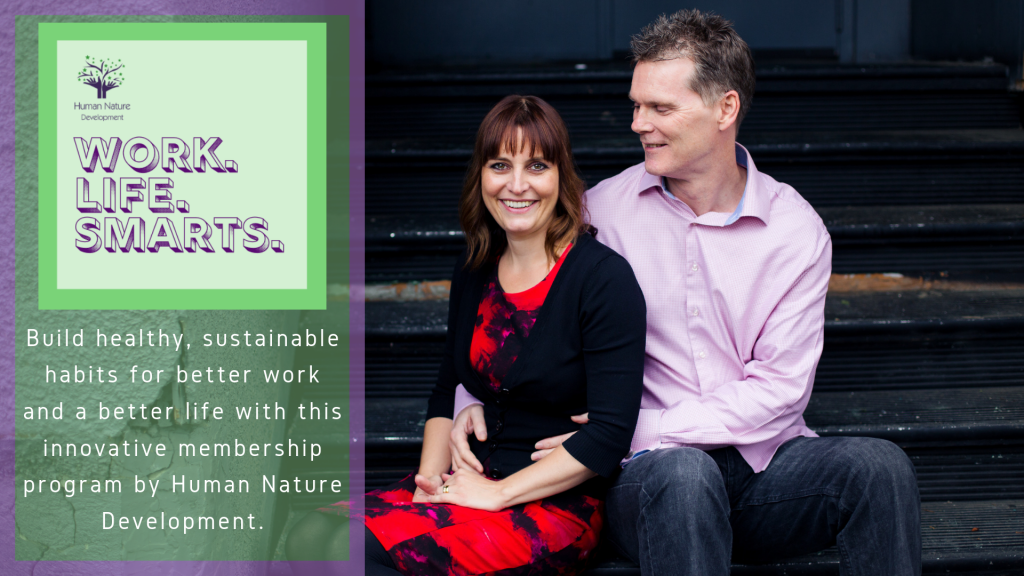Leading Through Difficult Emotions
In adversity, we must be willing to face a formidable opponent: our own difficult emotions.
When faced with such an opponent, our first instinct might be to run, or to avoid. Engaging may feel dangerous, uncomfortable. Our discomfort or shame can cause us to lash out at unsuspecting bystanders, or deflect the difficult feelings onto others through blame.
In the moment, it might make us feel better. We perhaps become defensive, convince ourselves it was something or someone else’s fault. We put the armour on, shield ourselves to stay safe from these difficult feelings. Or we push them down, hiding the feelings away and refusing to engage with them at all. It’s a natural thing, for our brains to try and keep us safe.
But by deflecting, shielding, or suppressing, we are only delaying the hurt. We are not truly safe, and we may merely be perpetuating a long line of similar behaviours throughout our teams (whether those are work teams, sports teams, volunteer teams or families). Hurt people hurt people. It’s a vicious cycle.
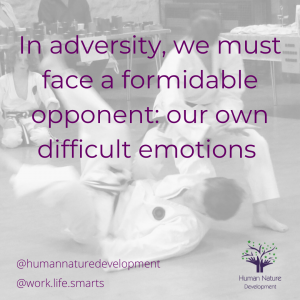
What if, instead, we choose to be courageous? What if we step onto the mat, and spar with those feelings? If we step into the discomfort, face our shame head-on? Only this way do we learn and grow.
This is definitely not the easy path, it is not a path of comfort, but this is the path of growth and improvement. This path requires vulnerability, it requires humility, strength and courage. It requires owning our part, admitting when we have taken emotionally driven actions and hurt other people. And we must treat ourselves and others with kindness, support and compassion as we walk it.
True leaders can encourage others to take this path, leading by example and with empathy. Helping them to understand that emotions are not ‘wrong’ or ‘bad’, they just ‘are’. But how we choose to act when we feel those emotions is important.
Let’s understand this: success is not being happy all the time. And experiencing sadness, anger, fear or shame does not mean you are failing, or that you are weak. Difficult emotions are part of the human experience just as much as the pleasurable ones. Let’s learn to learn from them.

